
Urban farming: how Monaco reconnects the city to the environment
4 minutes of reading
Urban vegetable gardens have been appearing in Monaco since 2016. A concept called “Terre de Monaco” extends over 1,600 m2 of ground and roof space. It’s a real breath of fresh air for the Principality which is 80% concrete!
Interview with…
Jessica Sbaraglia, founder of Terre de Monaco
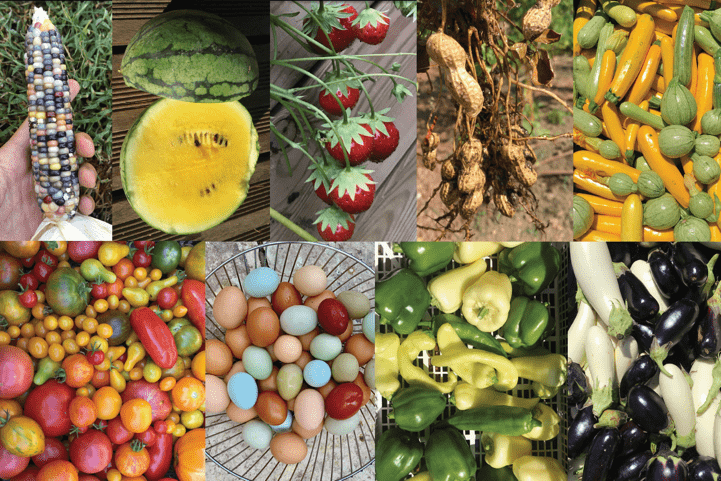
What is the « Terre de Monaco » project based on?
The “Terre de Monaco” project enhances flat areas (ground and roof) with plots for fruit and vegetables, herbs and spices, and edible flowers. We actually produce a wide range of products using organic methods with no treatments. Seasonal, fresh and high-quality products are sold directly to local owners and tenants.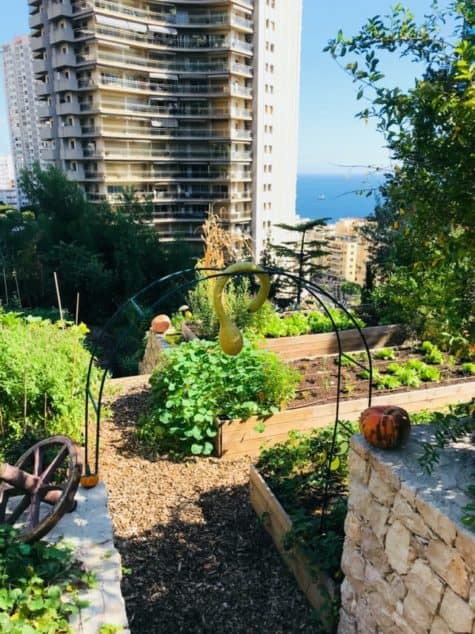
What is the advantage of urban farming compared with traditional farming?
According to the “Terre de Monaco” project, urban farming contributes to a sustainable environment since it promotes to both adults and children short supply chains, seasonal products, bio-farming and permaculture, the use of renewable energy, reducing unnecessary packaging, recycling green waste and even reducing food waste. An increase in ornamental and edible biodiversity generally improves our quality of life. People appreciate having nature in their immediate surroundings, but they also like eating locally sourced products. What’s more, urban farming enhances the usually concrete urban landscape because it’s green! Since we began a few years ago, we have acquired 60 chickens, set up 10 beehives and planted 50 fruit trees. It’s a great way to create a cooler, more colourful environment. And a precious opportunity for residents to learn about the natural ecosystem.
An increase in ornamental and edible biodiversity generally improves our quality of life. People appreciate having nature in their immediate surroundings, but they also like eating locally sourced products. What’s more, urban farming enhances the usually concrete urban landscape because it’s green! Since we began a few years ago, we have acquired 60 chickens, set up 10 beehives and planted 50 fruit trees. It’s a great way to create a cooler, more colourful environment. And a precious opportunity for residents to learn about the natural ecosystem.
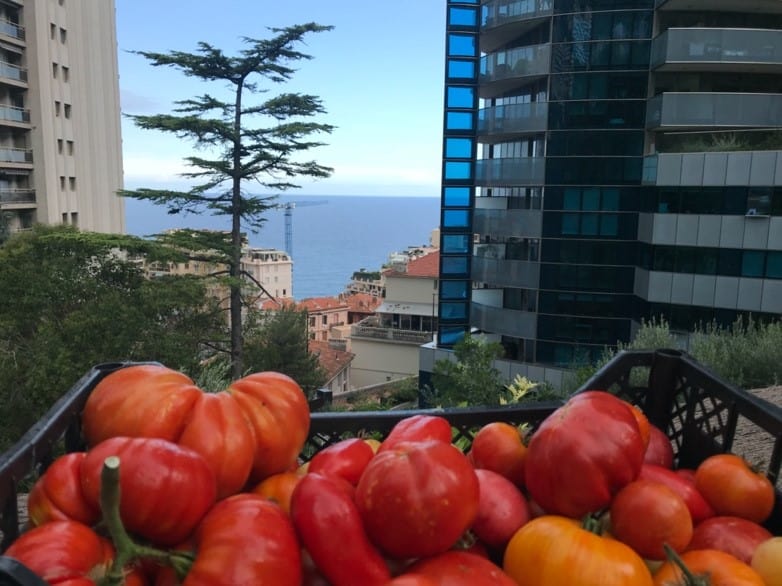
What sectors and professions does the urban farming benefit from ?
“Terre de Monaco” works in close cooperation with Michelin-starred chefs, hotels, individuals, the education department, but also property developers and architects. We have even created a vegetable garden at Monaco’s Centre Hospitalier Princesse Grace. I run monthly workshops about the fundamentals of organic farming for psychiatric and paediatric patients with a specialist educator, psychomotor therapist and nurse. We are discovering that nature is a precious therapeutic mediation tool.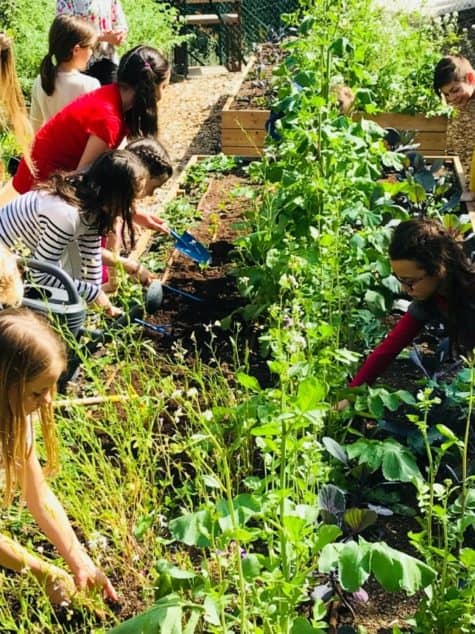
Do you think new buildings should be designed with green spaces?
There is now a real drive to change urban planning and to place the building sector in the heart of the efforts for environment. Residents are part of this drive because they want more greenery…but they also want greener buildings, more ecological and ecoresponsible. The growing demand recently urged us to export our concept to the rest of Europe. France will soon have “Terre de Nice” and Belgium will have “Terre de Tubize”.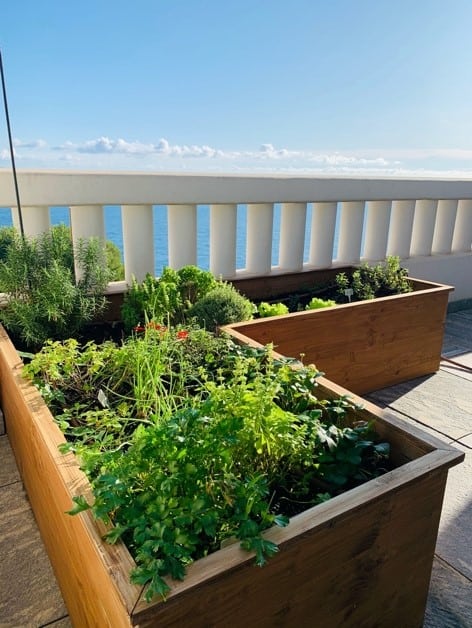
An expert eye : urban farming
“Including farming in urban projects has several benefits:- creating a social link between residents;
- reconnecting city dwellers to nature;
- participating in the development and maintenance of biodiversity;
- providing cool islands in cities and salvaging rainwater.
- creating jobs locally and for people returning to the workforce.
More reading
Read also

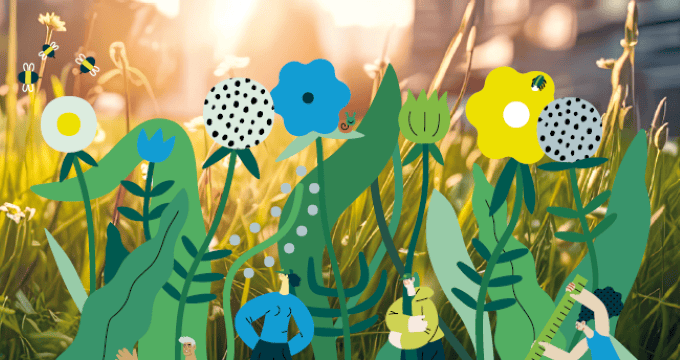
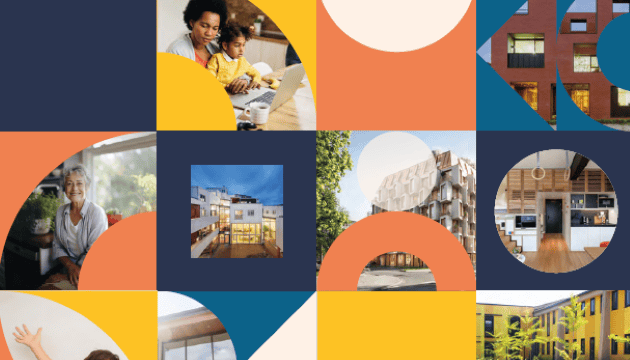
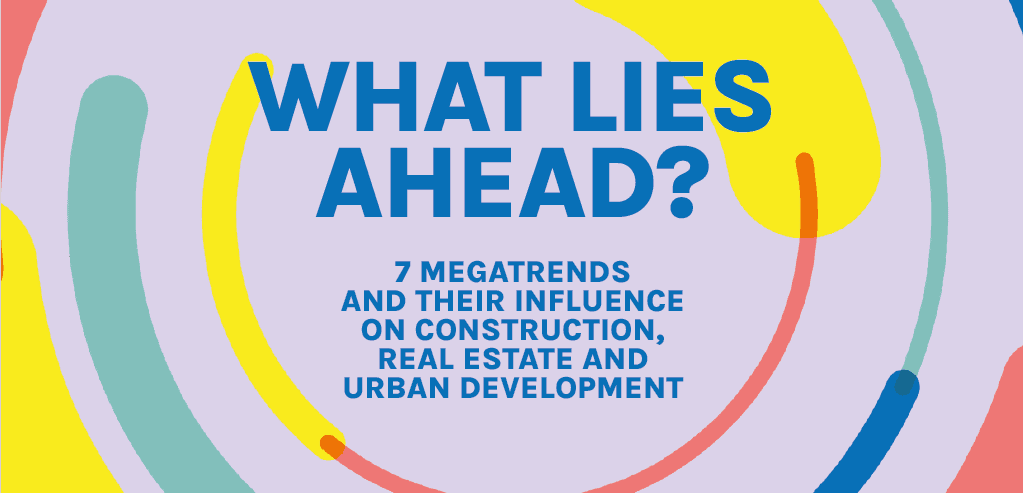
What lies ahead? 7 megatrends and their influence on construction, real estate and urban development
Article
20 minutes of reading

